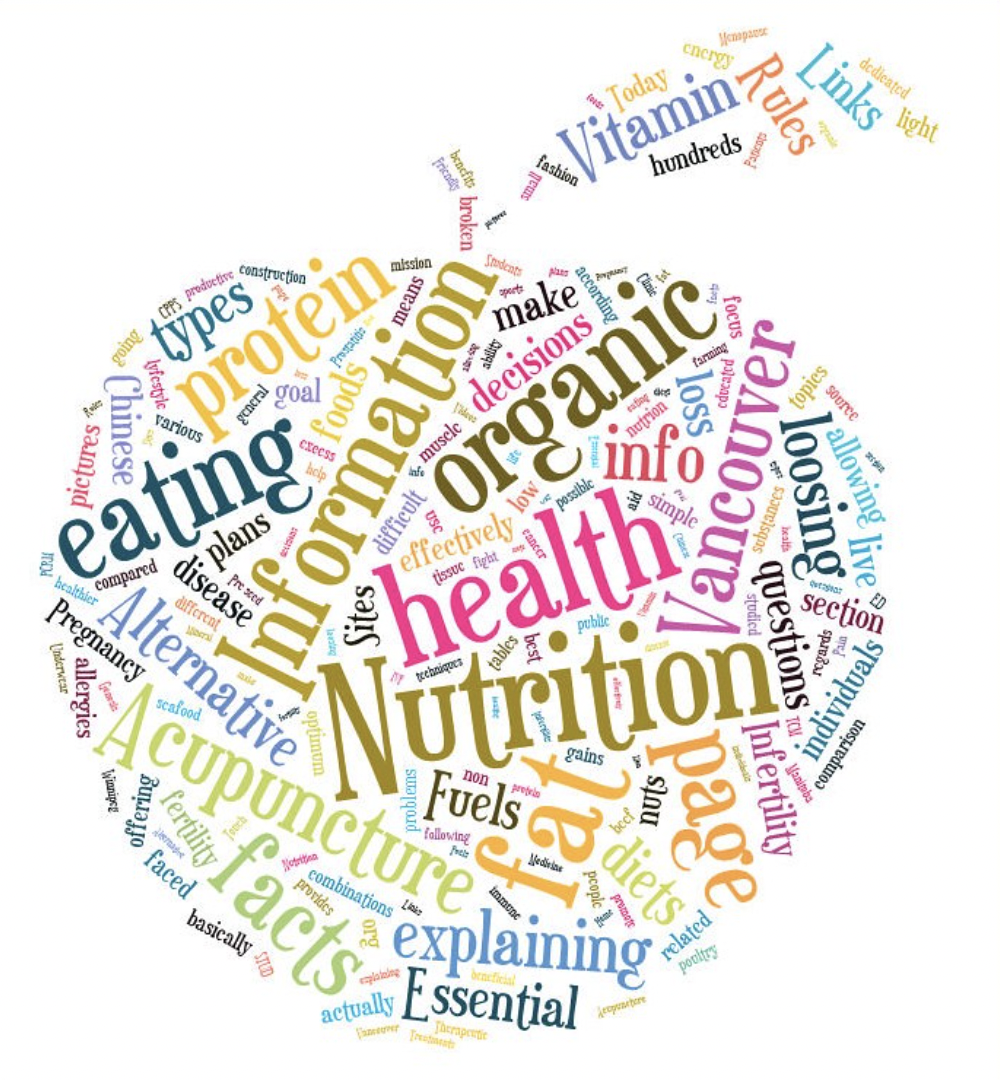As a 12-year-old adolescent weighing, at one point, more than 250 pounds, it is fair to say that I was not always shown humble kindness and love. I had used food as a comfort in the trying circumstances I grew up in, a family decorated with substance use and poverty. However, after becoming deeply knowledgeable about nutrition combined with the awareness of the challenges of my background, I vowed it would be my goal to spread compassion whenever I could. Unsurprisingly, as an adult, I studied nutritional science and became a registered dietitian (RDN). My first professional position as an RDN marked the beginning of my work at a behavioral health facility focused on eating disorder management, meal planning tools and weight management strategies. Perhaps the most rewarding feature of my work as an RDN was the direct opportunity I had to provide effective patient-centered care. While this experience was primarily concerned with behavioral health, I treated my patients as a whole, including any pre-existing medical conditions with nutritional implications.
Soon, I found myself working with a young adolescent who had been diagnosed with diabetes in our care. She presented with uncontrolled blood sugar and found strong dismay, even disdain, in being deprived of foods on the unit that many children love (donuts, cookies, chips, etc.). It was not helpful that the patient had to eat at different meal and snack times than other children on the unit. A blow. Being ridiculed by her peers because her circumstances were to be different. Another blow. Being admitted to a mental health facility at age 15, yearning for her family and friends. The last blow. These frustrations eventually translated into physical aggressions that endangered the safety of the patient and staff. I recall being feverishly sought out as I entered the facility. “Dietitian! Please! Now!” spoke one of my favorite collaborative nurses. She thoughtfully explained the patient’s history as well as her aggressions. I recall identifying with the patient despite her clear misconduct, empathizing with the distress she must feel to not only be in such a daunting place, but also be told that she would be deprived of foods all the other children could have. I understood the embarrassment she felt from being ostracized by her peers. It only exacerbated her condition. We noticed food refusal and weight loss, a dangerous combination with her medical condition. As an RDN, it was my deepest concern to help this young, afraid girl with combating such overwhelming revelations, which in her opinion, likely felt like endless strikes to her psyche, self-esteem and health.
In this young girl, I saw myself. A young African-American girl sold a harsh reality from which she could not return. No. It would be inhumane to deprive and isolate a child, who is already faced with the hardships that landed her in our care. Why ostracize an innocent child for a circumstance beyond her means? All foods can fit. What if she develops an eating disorder? Body dysmorphia? I am going to make all foods work. These thoughts ruminated in my mind as I began to prepare for what I knew would be a challenging, but meaningful case. My nurse tasked me with educating this patient about carbohydrate counting and insulin-carbohydrate ratios, and providing an appropriate meal plan for the staff to follow. With intention, I sought to determine a better compromise for the sake of the patient and the medical team.
I had spent an unparalleled amount of time reviewing the foundational knowledge and techniques for carbohydrate counting, which offered this patient a chance to learn moderation, a skill that would benefit her entire life. She was old enough to take accountability for her condition, but young enough that eliminating all high-sugar foods would be next to impossible. It was not that our medical team would stand as an entity against this patient, but that we would help her learn a level of composure, modesty, maturity and perseverance. I would guide the me I saw in her. I taught her the mentality that all foods fit. I may have had to stay longer than my typical workday to finish visiting with my patients in the facility, but this was the most worthwhile investment I had ever made as a clinician. The worth was in the humanity.
“Where is the dietitian? I need to show her now!” Those sweet words danced in my ears as I entered the unit the following day. After our follow-up visit, the patient stood starry-eyed and eager to show me her well-controlled blood glucose levels and her appreciation for our session. I had never felt more fulfilled or necessary. If this young girl was anything like me, she was happy she could consume an Oreo as a treat like her peers, but more grateful that a person was willing to pour time and care into her wellbeing. This is particularly rewarding in the space of dietetics, which is a growing profession full of dedicated and hardworking individuals. It only solidified my decision to work as a clinician in pursuit of medicine. Overall, that experience gave me the opportunity to develop a complex network of clinical judgment and communication that has matured my practice as a clinician and as a human being.
Image credit: Nutrition by Susan von Struensee is licensed under CC BY 2.0.

